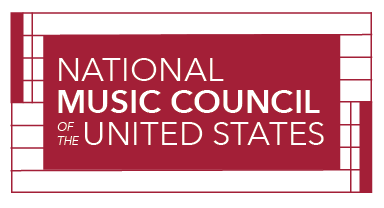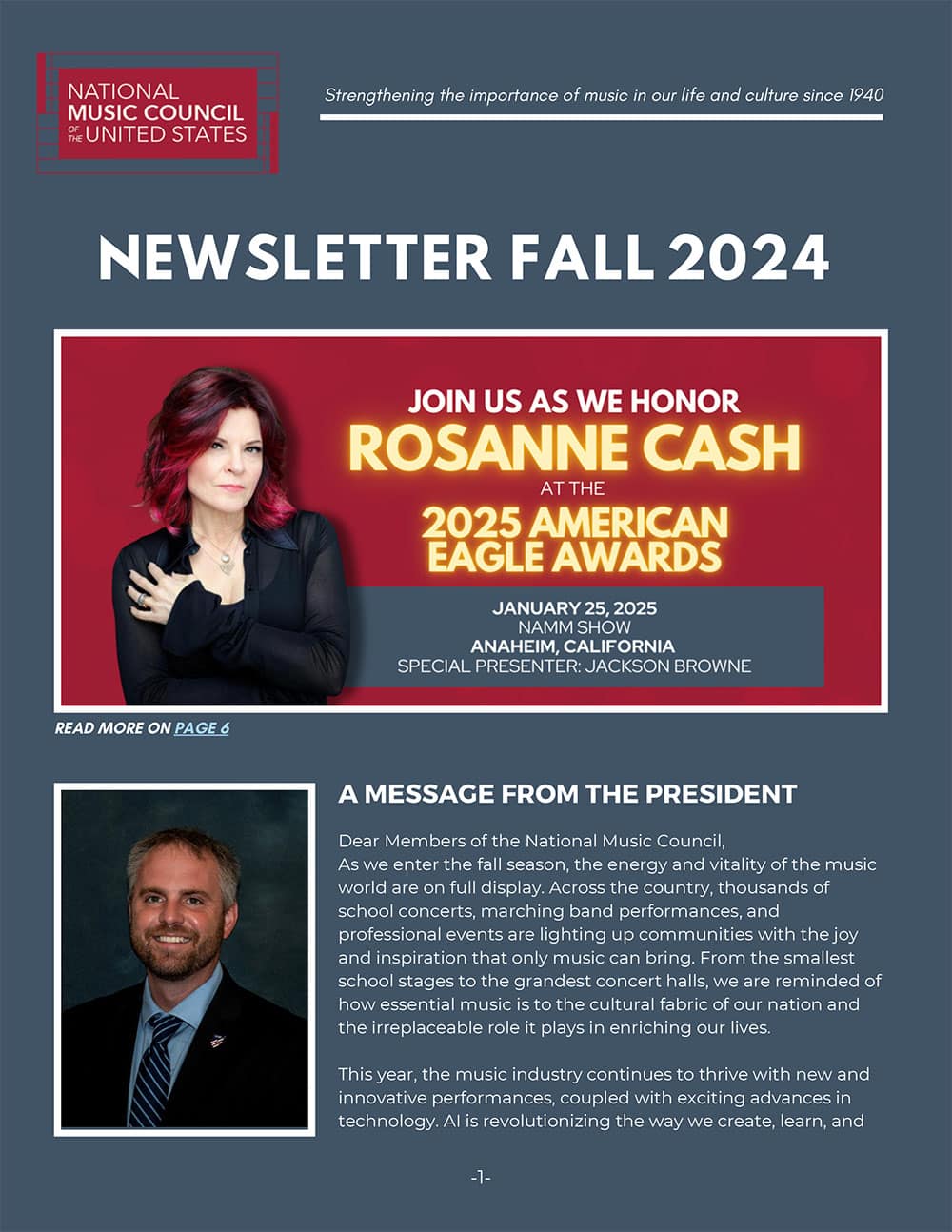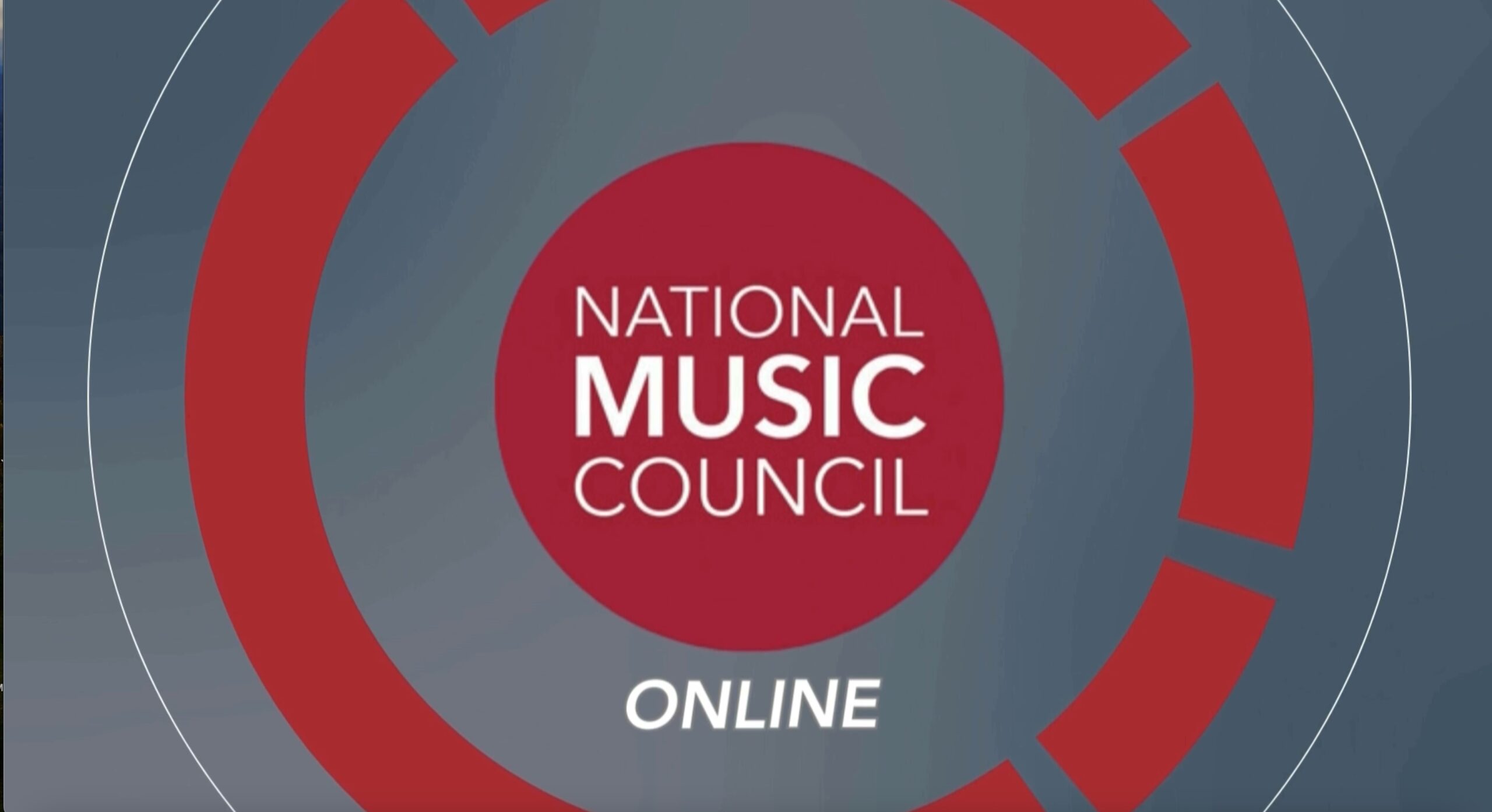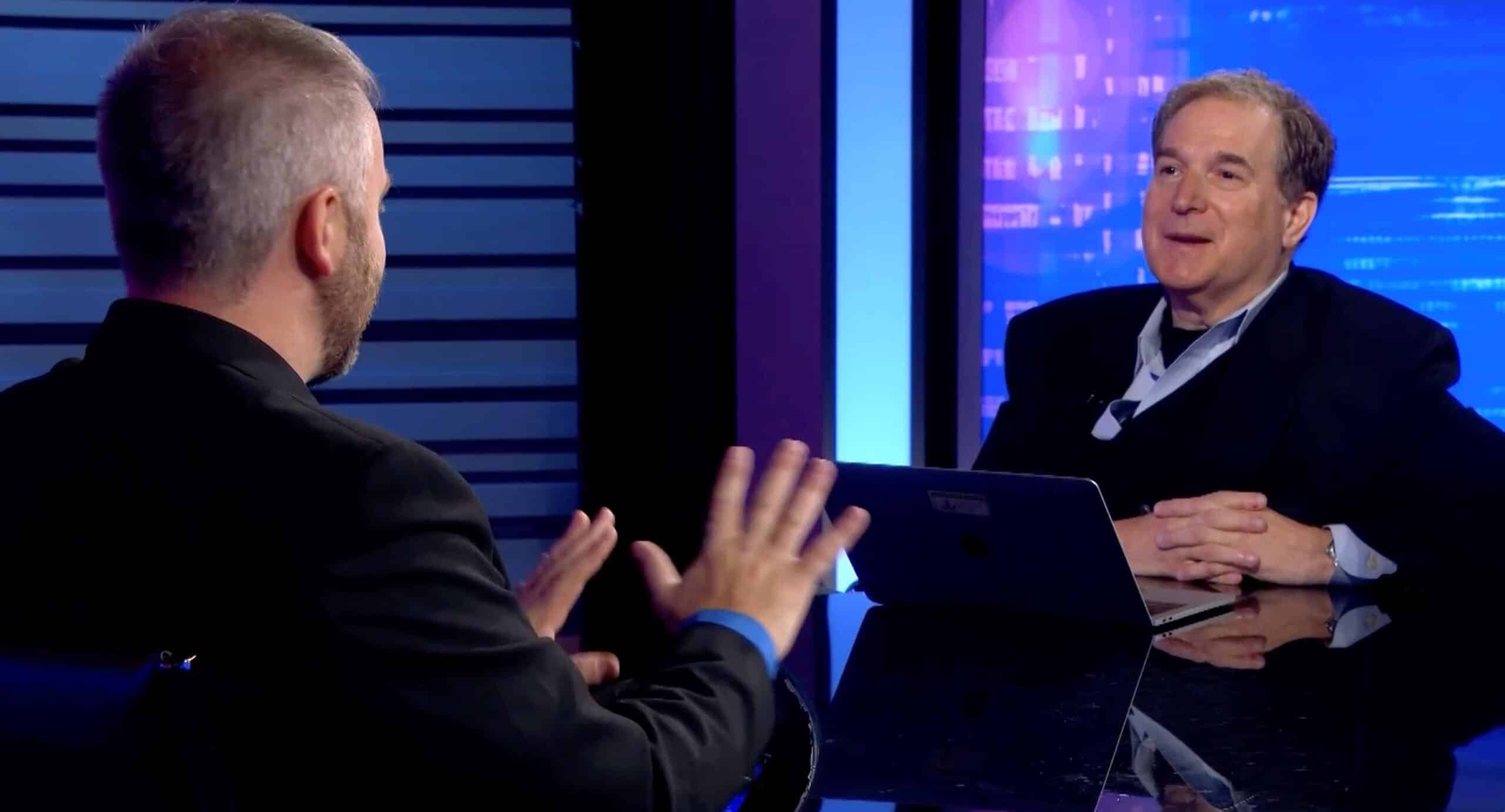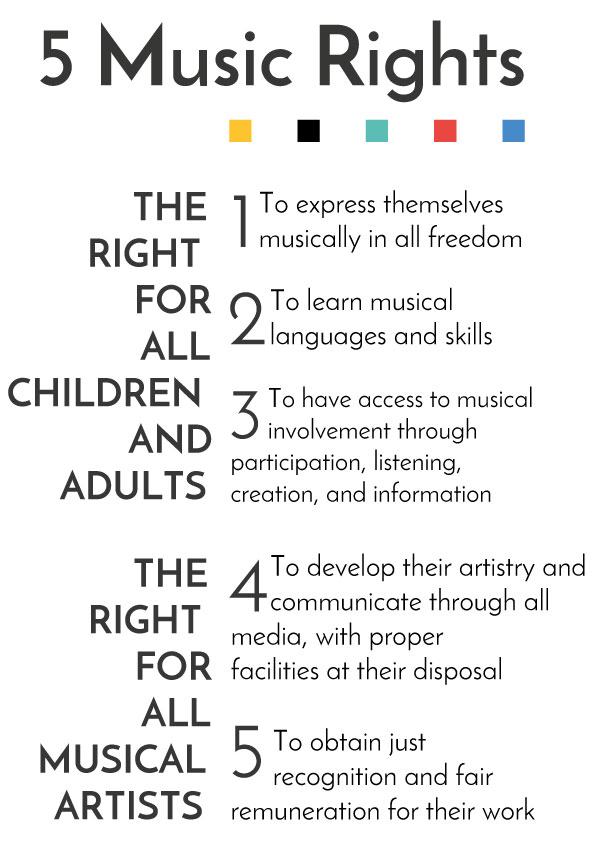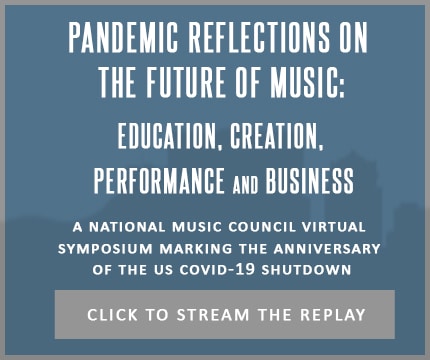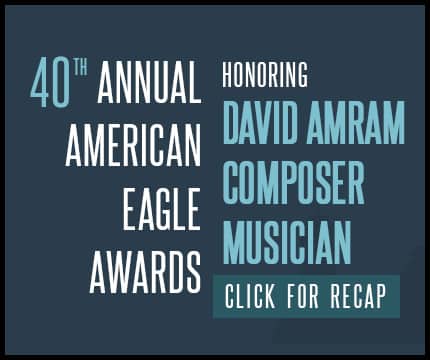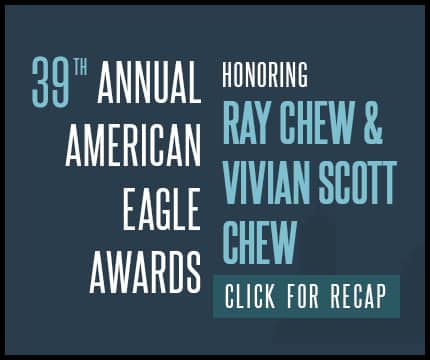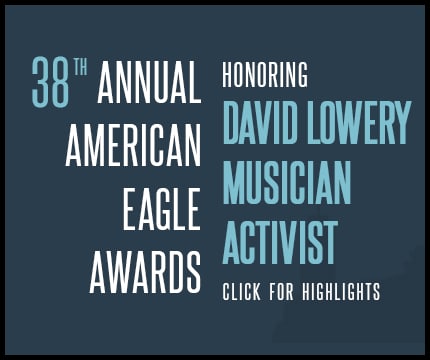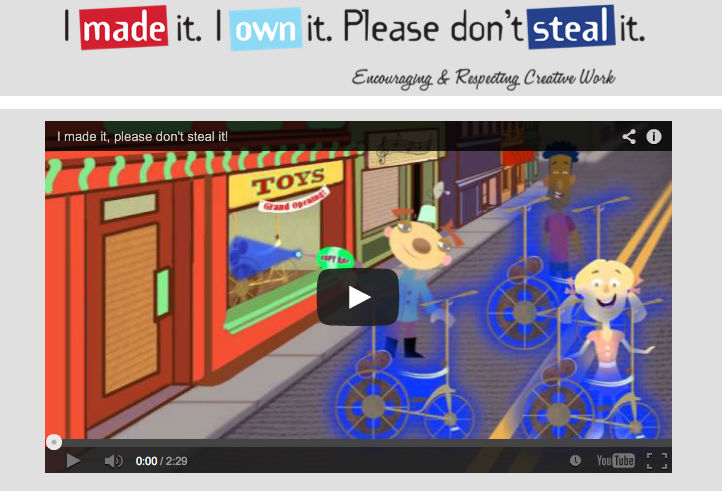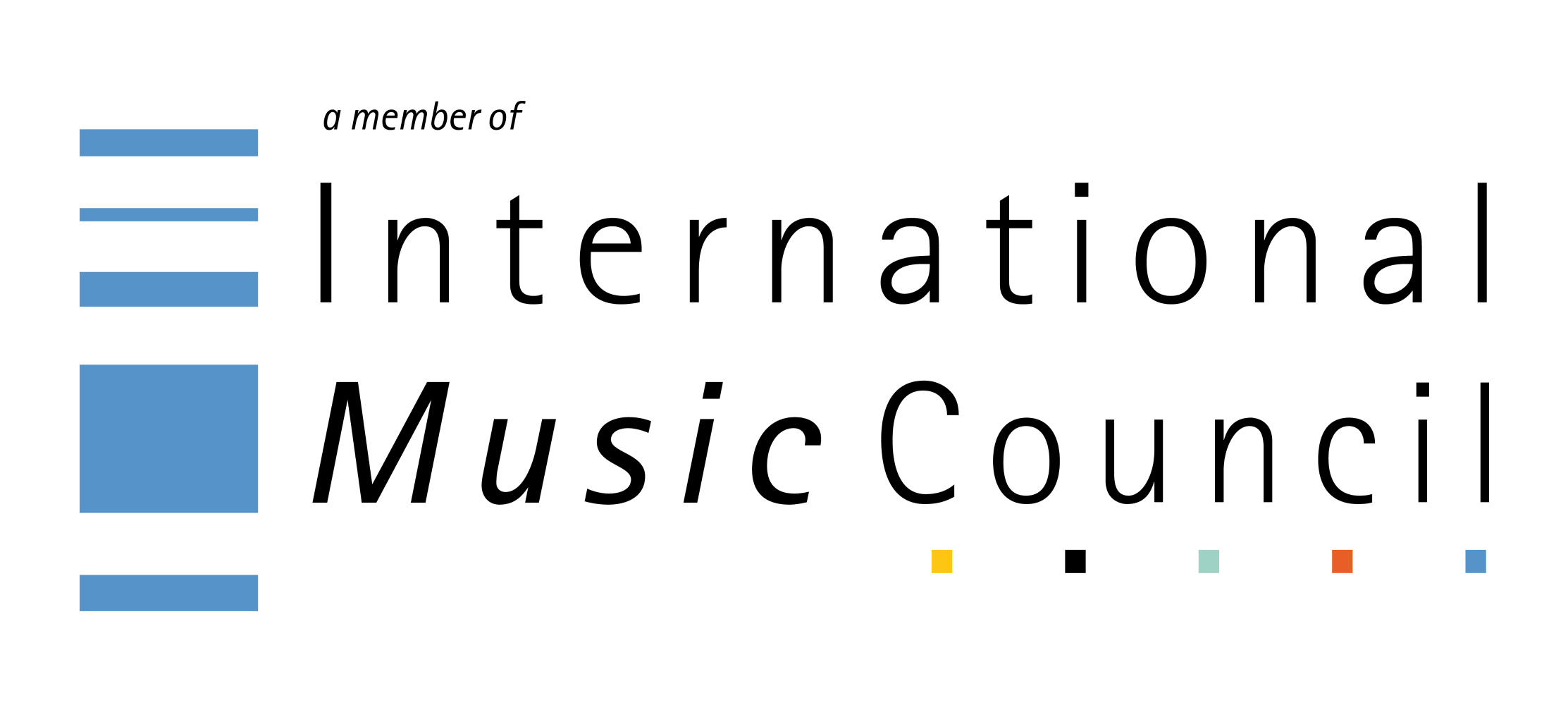Ask Congress to #StandWithSongwriters
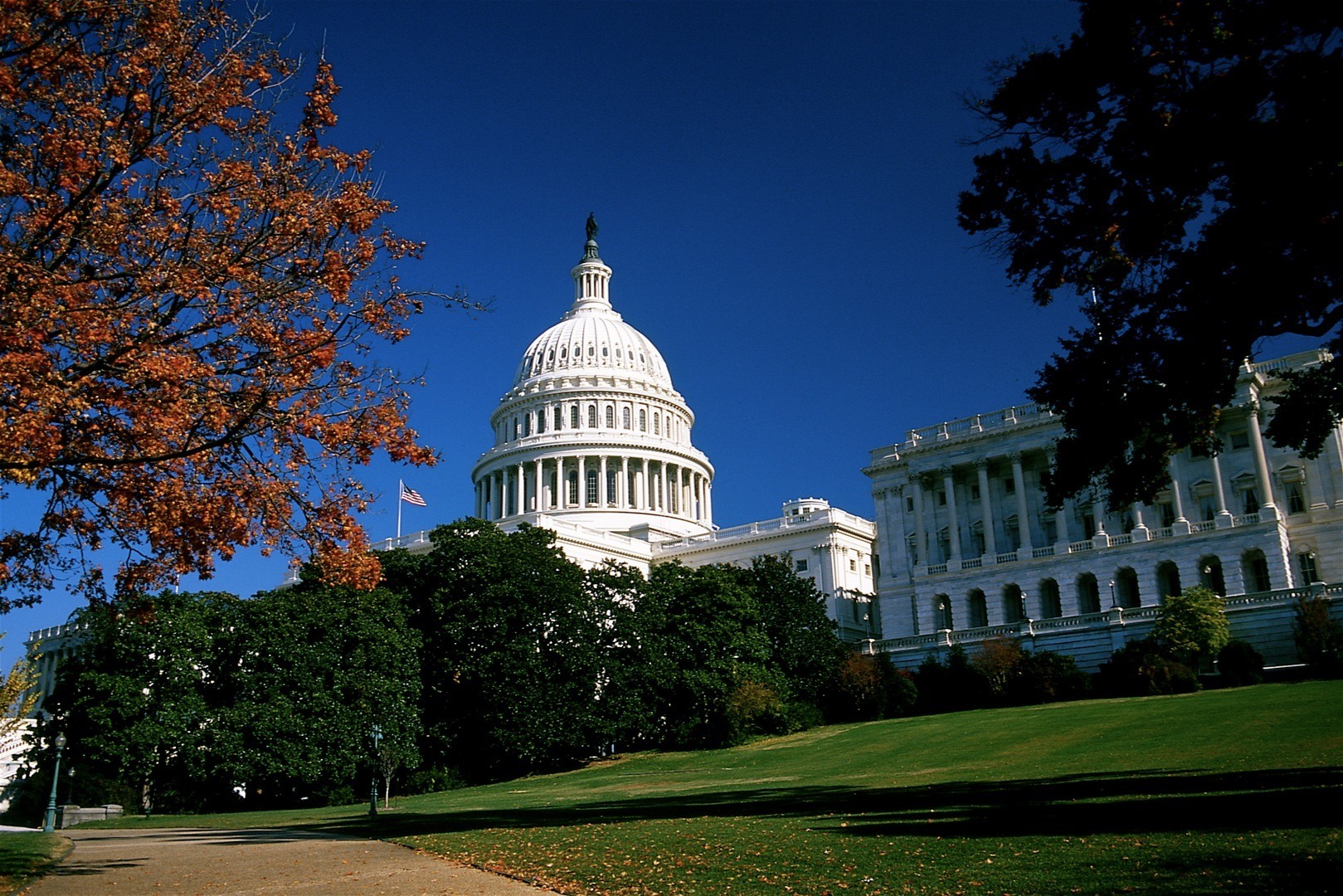
The Songwriter Equity Act has been reintroduced. Take action now!
We are happy to report that Senators Hatch (R-UT), Whitehouse (D-RI), Alexander (R-TN), and Corker (R-TN) and Representatives Collins (R-GA) and Jeffries (D-NY) have recently reintroduced the Songwriter Equity Act in the new Congress.
This legislation, which was first introduced early last year, is important to music creators because it addresses two outdated sections of the US Copyright Act that currently limit your ability to get paid fairly when your music is streamed. We must deliver this message to Congress.
Background:
Songwriters, composers and music publishers rely on the royalty income they earn through two separate rights: the right to publicly perform their music works, and the right to make and distribute mechanical reproductions of those works.
Two outdated portions of the US Copyright Act, Section 114(i) and Section 115, currently prevent songwriters and composers from receiving royalties that reflect the fair market value of their intellectual property. This inequity harms America’s songwriters, composers and music publishers in the digital age.
To remedy this, SEA would allow a “rate court” to consider other royalty rates as evidence when establishing digital performance rates for songwriters and composers, and it would also adapt a fair rate standard for reproduction (mechanical) licenses.
Statement from ASCAP President and Chairman Paul Williams:
“The Songwriter Equity Act represents an important first step toward updating an outdated music licensing system that treats songwriters differently than other copyright owners and prevents us from earning a fair market royalty rate when our music is streamed or downloaded online. We are grateful to Senators Hatch, Whitehouse, Alexander and Corker and Representatives Collins and Jeffries for their efforts to attract bipartisan support for these simple and reasonable changes. They are vital to ensuring that next generation American songwriters are able to make a living creating the music we all love. We look forward to working with policymakers to reform the broader regulatory framework, including ASCAP’s outdated consent decree with the DOJ, so that music licensing better reflects the way people listen to music today.”
Click here to Take Action Now
Thank you in advance for your participation!
.attachment-thumbnail {display:none !important;}
